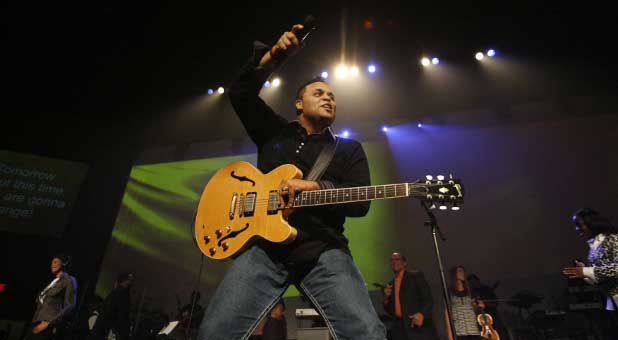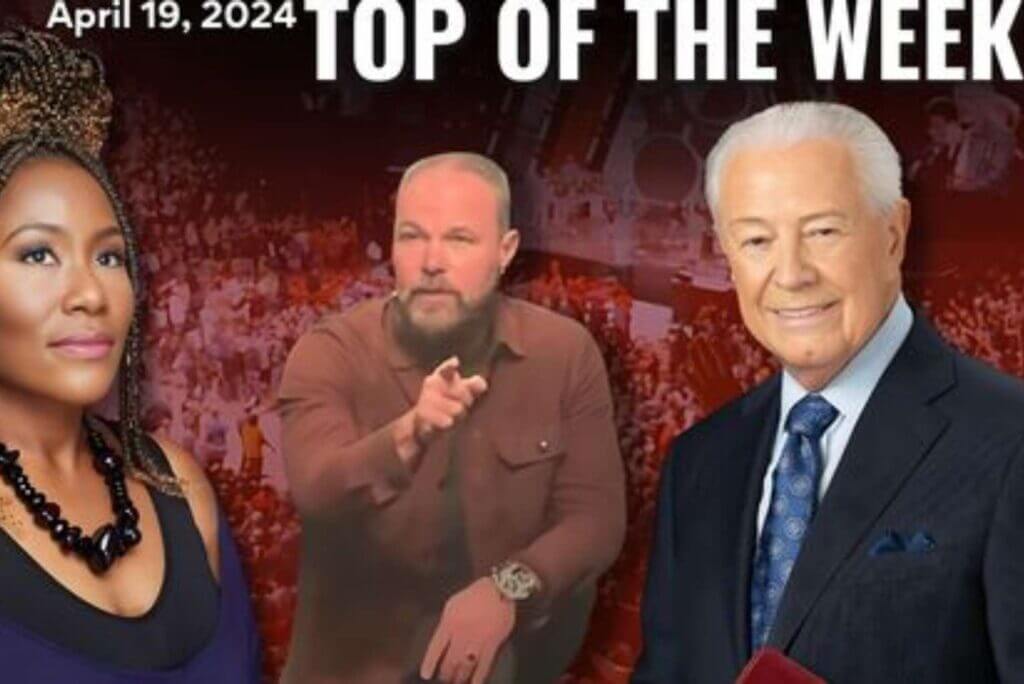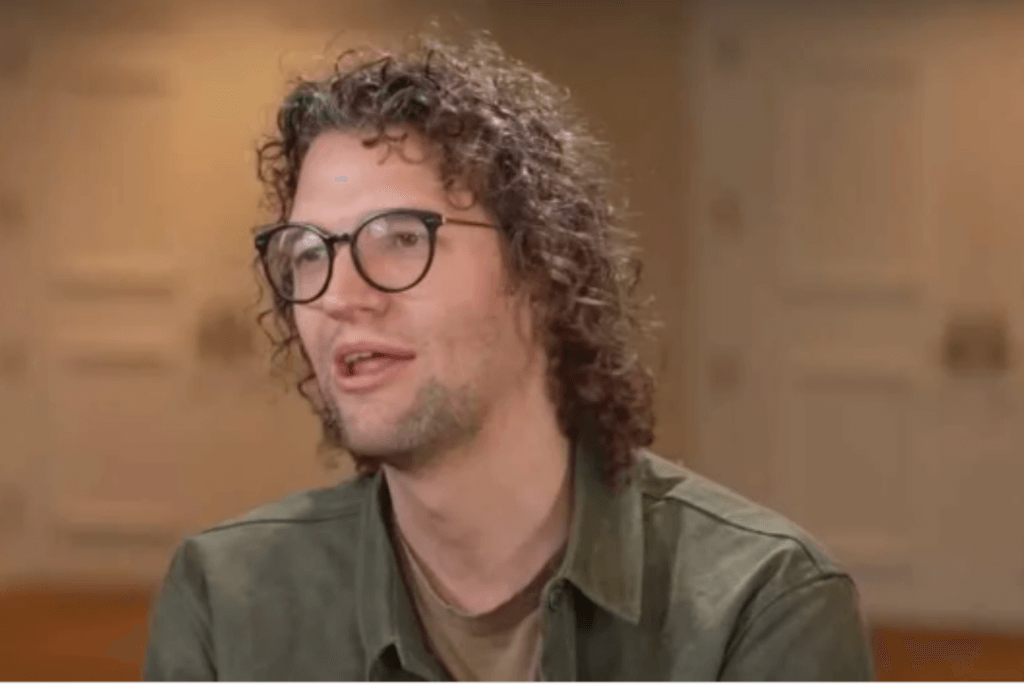Israel Houghton, the multitalented worship pioneer, explains how creativity, talent and, yes, a little bit of perfectionism can be a good thing when yielded to the King. Read part one of Charisma‘s exclusive interview with him.
CHARISMA: The Bible says God searches for those who will worship Him in spirit and in truth. How did you learn to worship like that before ever picking up an instrument?
Israel Houghton: I had my first real presence-of-God-experience when I was 5 years old. My parents had just moved to a little mining community in Arizona, we went to an evangelistic event one night. I remember seeing these guys with heavy stories, these incredible pasts, come and give their lives to God and watching this moment of surrender. And at 5, I didn’t know what was happening, but I just started weeping—not necessarily about their story; it was bigger than that. My mother had the good sense to tell me that was the presence of God—that I should always go after when God is in the room and make sure I’m sensitized to that.
When somebody does a drug and it’s a particular high, they say they spend the rest of their lives trying to match that first high and it never sort of happens. But in the presence of God, if anything, it’s greater and more beautiful every time if your heart’s in the right place. So as I grew up in the church and saw the power and the presence of God, it became a deep part of my foundation—a deep part of my DNA.
CHARISMA: Your music embodies the idea that worship is a universal expression—that it crosses and blends styles, ideas, cultures, etc. How did that multidynamic element come about for you in worship?
Houghton: Very naturally, because I was a black kid in a white family in a Hispanic neighborhood. Our church was probably 80 percent Hispanic, so my cultural expressions came from a bunch of different places—and it keeps growing. I’m 42 years old, but I’m still childlike in the sense that there’s still a sense of wonder. Some of the places we go in worship, I’ll think, Wow, look at that! and Wow, did you hear that?
I’m always open to new expressions, certainly as it relates to worship and cultures all over the world, and that tends to play into the musical part of it. For me, it’s a journey, as is the idea of trying to be as effective as possible as a worship leader.
I remember early on facing some walls and divisions that were skin-tone oriented, where people said you should just do it this way or just do it that way. White people would say, “Don’t do black music,” and black people would say, “Don’t do white music.” And it got so frustrating.
One night I was getting ready to lead worship at a church and the pastor came in. He was one of those alpha-male, dominant kind of guys, and he came in and said, “Hey, man, make sure you do your hot black music tonight.” I get pseudo-sarcastic when I’m uncomfortable, so I said, “Hey, pastor, before we go out there, I was just wondering: When we get to heaven, what section are you planning on being in for eternity?”
It was a very uncomfortable moment, and he sort of chuckled. But I think he got it. When somebody says, “We don’t like a lot of worship here. We want it really hot and loud and fast and up,” what they’re telling me is they have a worship deficit. Likewise, if they say, “We just like to soak and chill and hang. We only want to worship and we don’t really need anything up-tempo,” what they’re really telling me is they’re starving for a different type of expression.
I’ve told pastors like the one I mentioned before, “I can either be the guy who comes and does it exactly like you say you want it done—which, of course, anybody can do that—or I can bring this sense of diversity and this sense of connection here, and hopefully it will work and God will really bless it.”
I’ve tried to keep the right heart with it and not make it like I’ve got a cultural ax to grind. I’ve seen the hand of God on this kind of worship. And I think the more we’ve flown this flag of diversity, the more people have realized that we’re probably not going to let up on this idea.
See an error in this article?
To contact us or to submit an article





















